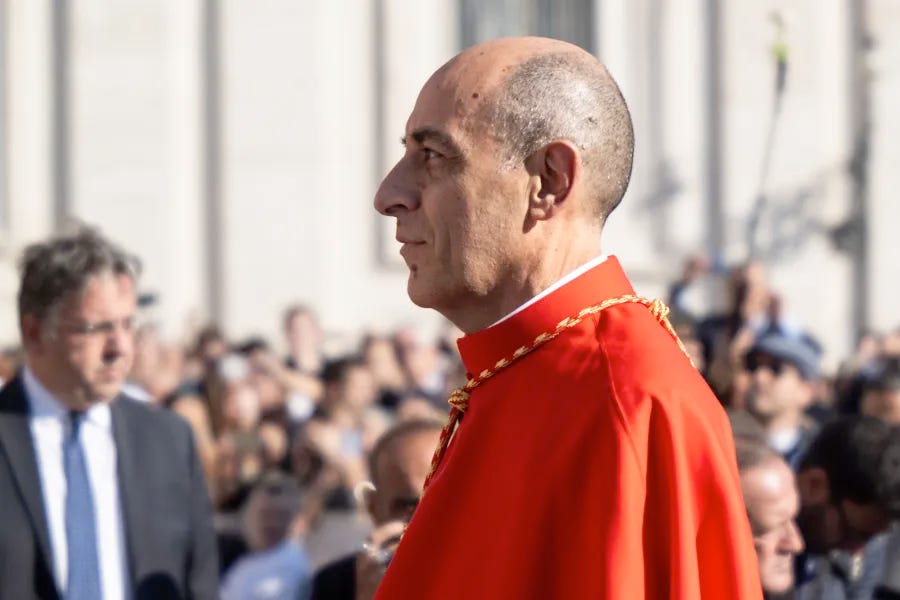Cardinal Fernández named to Vatican legal department
Pope Francis named the DDF prefect to the Dicastery for Legislative Texts despite excusing him from his own department's most sensitive canonical work
Pope Francis has appointed Cardinal Víctor Manuel Fernández as a member of the Dicastery for Legislative Texts, the Vatican department charged with authoritatively interpreting canon law, despite the pope’s September decision to excuse the cardinal from participating in his own department’s most sensitive legal work.

